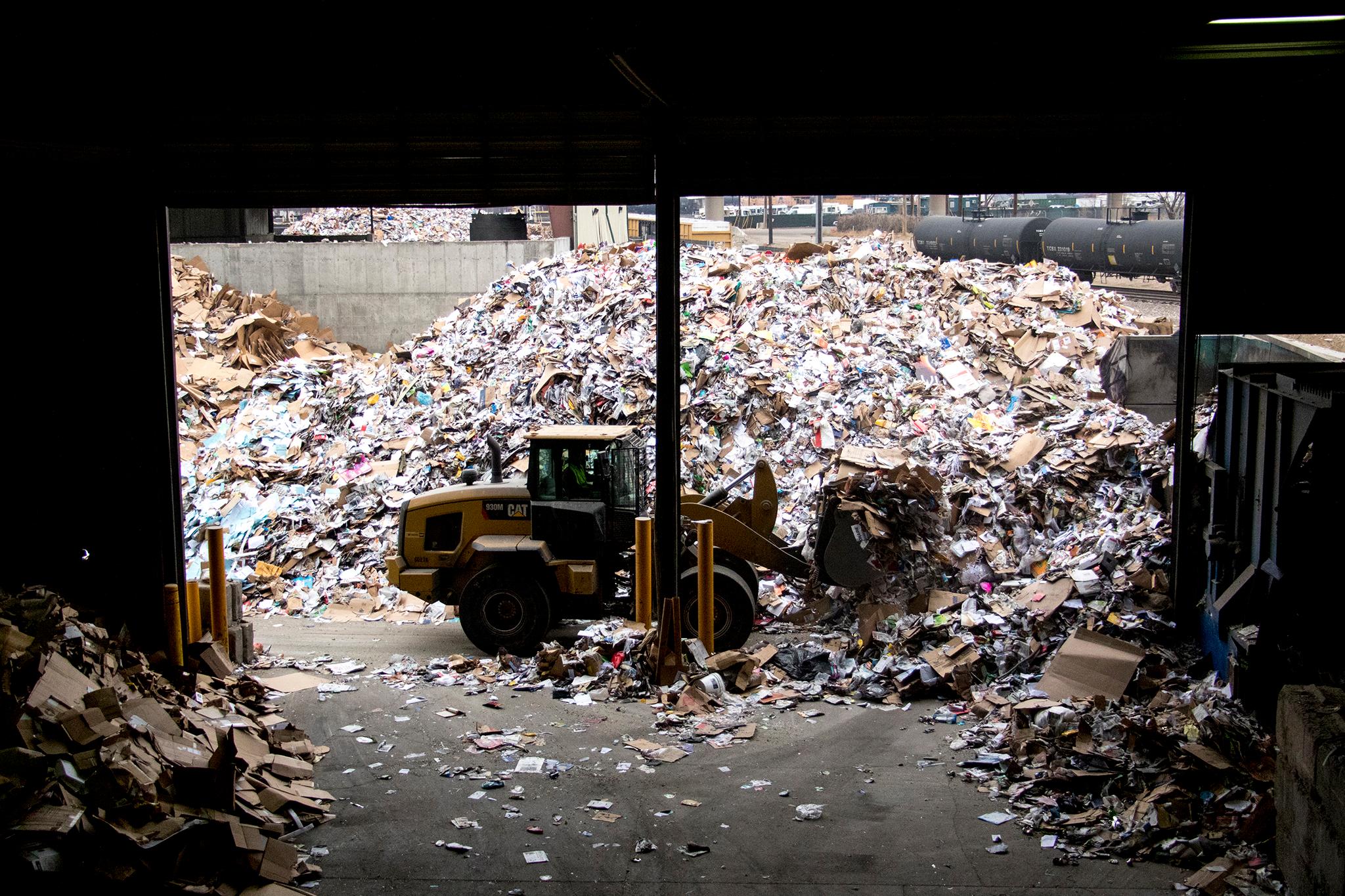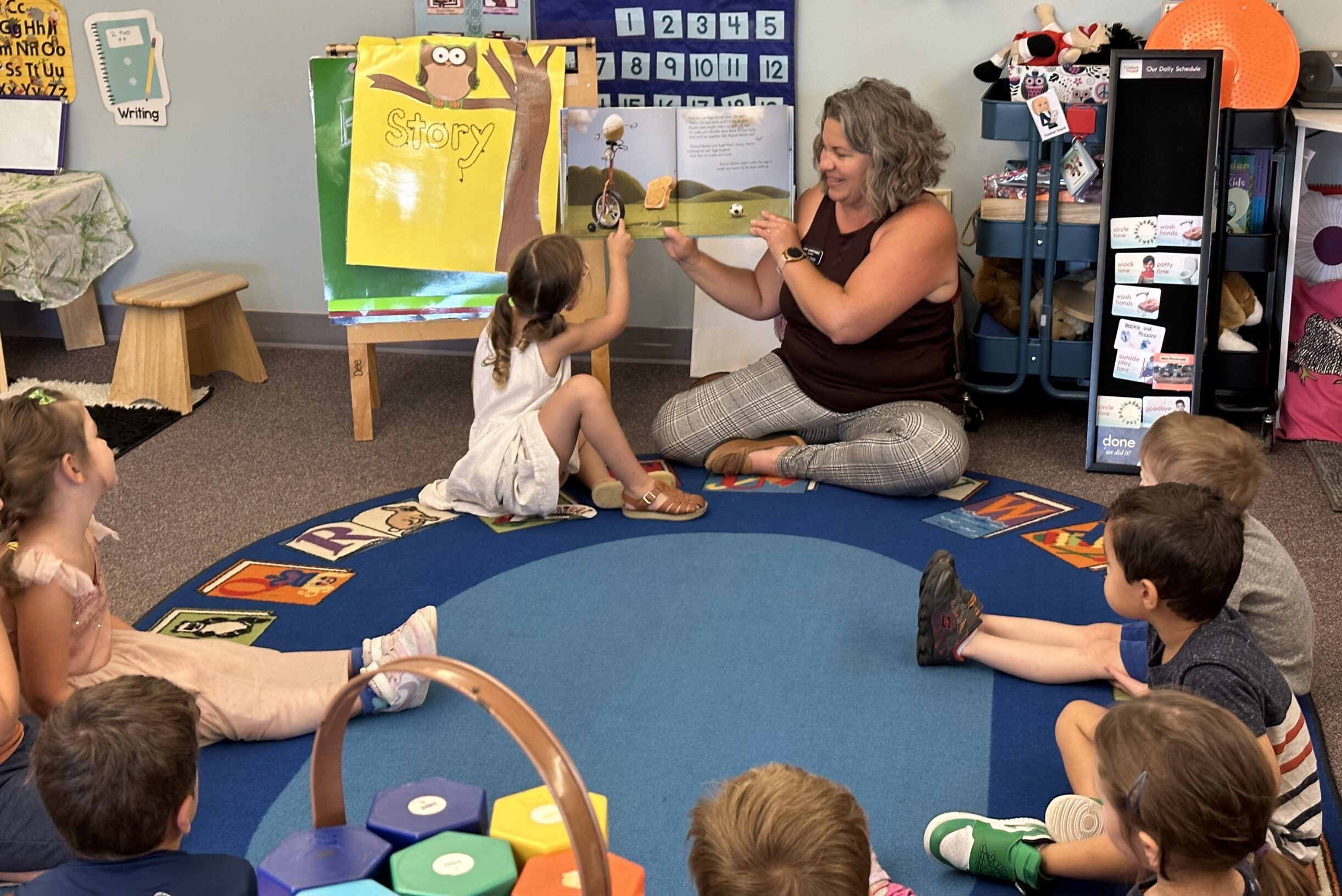
Coloradans are recycling and composting at less than half the rate of the rest of the country, a result of inadequate and underfunded waste management programs across the state, according to an independent report released Monday.
The fifth annual State of Recycling and Composting in Colorado report, co-written by nonprofit Eco-Cycle and the Colorado Public Interest Research Group, concludes the state is on track to miss both its 2021 recycling target and the U.S. Environmental Protection Agency's national goal of recycling half of all waste by 2030.
“Colorado is not making any true gains to reduce waste and recover more resources, and is just barely keeping pace with the state’s growing population,” the report says.
Residents and people at commercial businesses recycled or composted only 15 percent of all solid waste last year, according to the report, which analyzed data from the Colorado Department of Public Health and Environment. This is less than half the national rate of 32 percent and slightly lower than the state’s rate from 2019.
Recycling has dwindled in recent years due to lack of funding, unstable markets for recycled materials and a lack of local and statewide programs, according to the report. Recycling programs were also weakened during the coronavirus pandemic, leading some cities to temporarily close their recycling or composting facilities.
The report highlights what its authors say is a more significant issue: Less than a fifth of all cities and towns in the state have automatic curbside recycling programs in addition to trash pickup, including large cities such as Aurora, Colorado Springs, Pueblo and Grand Junction.
“I tend to refer to it as a ‘Wild West’ system,” Aurora Council Member Alison Coombs said Monday. “Everyone is responsible for hiring their own trash and recycling service. And that creates a lot of inconsistencies.”
The report’s findings are leading its authors to push lawmakers to consider a new “producer responsibility” legislation that would require companies to pay additional costs for the entire life cycle of packaging materials. The legislation will likely be introduced next year, Colorado Public Interest Research Group Executive Director Danny Katz said.
Earlier this year, Colorado lawmakers passed a bill to ban single-use plastic bags and polystyrene containers often used for takeout food starting in 2024.
A Department of Public Health and Environment spokesperson declined to answer questions about the report.









